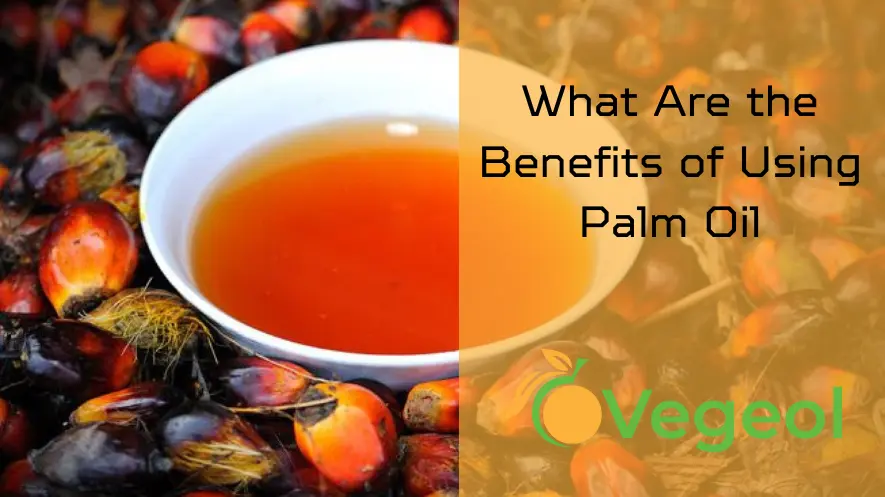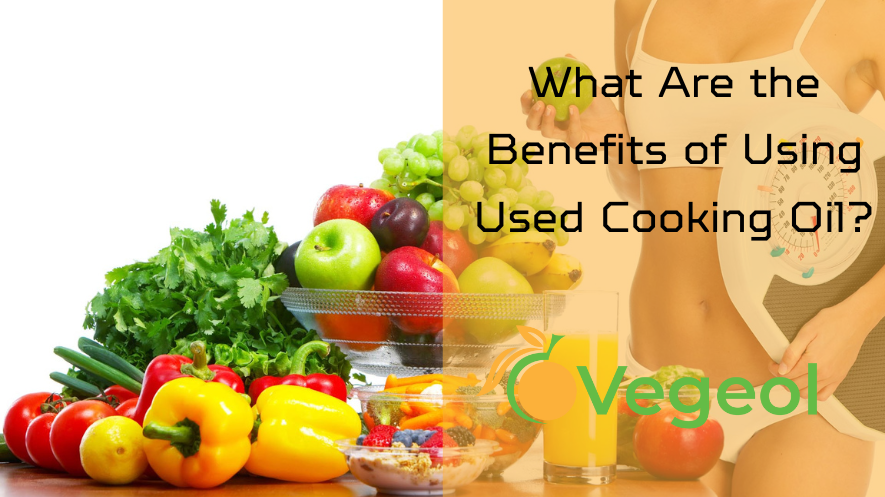Hydrogenated vegetable oils, also known as trans fats, are created when liquid oils such as corn, sunflower or safflower oil are bombarded with hydrogen molecules. This process changes the fatty acids in the oils, making them more like saturated fats, which have been shown to raise total cholesterol levels. The hydrogenation process also makes the oils thicker and easier to spread, which is why they are used in many margarines and other processed foods.
Vegetable oil that has been hydrogenated is a typical component of many processed foods. However, not many are aware of the possible health dangers. This article examines hydrogenated vegetable oil’s definition, manufacturing process, and potential health risks. We will also offer advice on how to recognise these oils in food and recommend better substitutes.
What is Hydrogenated Vegetable Oil?
To make liquid vegetable oils more solid, hydrogen is added. This results in hydrogenated vegetable oil. This procedure, called hydrogenation, alters the oil’s texture and lengthens its shelf life. Fried meals, margarine, and baked items frequently include these oils. Hydrogenated oils are convenient, but they include trans fats, which have been related to a number of health issues.
How is Hydrogenated Vegetable Oil Made?
Vegetable oil is heated and then exposed to hydrogen gas during the hydrogenation process. At normal temperature, the oil turns solid or semi-solid due to this chemical process. As a result, the product has an extended shelf life and a texture that many food products find appealing. Trans fats, on the other hand, are produced by this process and are absent from natural oils. Trans fats can increase the chance of heart attack and stroke by raising bad cholesterol (LDL) and lowering good cholesterol (HDL).
Health Risks Associated with Hydrogenated Vegetable Oil
Because hydrogenated vegetable oils include trans fat, they pose a number of health hazards.
Heart Disease
Heart disease is one of the biggest hazards associated with eating hydrogenated oils. Trans fats have been linked to increased blood pressure, blocked arteries, and other cardiovascular problems. Research has demonstrated that trans fat, even in little amounts, can dramatically raise the possibility of heart disease.
Inflammation and Diabetes
Moreover, trans fats have been connected to heightened inflammation, which may exacerbate long-term conditions like diabetes. The immune system of the body responds to inflammation, but when it persists over an extended period of time, it can lead to a number of health issues. Inflammation may be made worse by consuming trans fats, which can eventually result in insulin resistance and type 2 diabetes.
Identifying Hydrogenated Oils in Foods
It might be difficult to recognise hydrogenated oils in your cuisine. On ingredient labels, they are frequently identified as “partially hydrogenated oils”. Processed foods like margarine, baked goods, and snack foods are frequently to blame. You may assist yourself stay away from these bad fats by carefully reading labels and selecting goods without hydrogenated oils.
Olive Oil
Because olive oil contains a high concentration of heart-healthy monounsaturated fats, it’s a perfect substitute. It is multipurpose and may be applied to baking, cooking, and salad dressing.
Coconut Oil
Another excellent choice is coconut oil. Although it includes saturated fats, these lipids are really medium-chain triglycerides, which can provide rapid energy and are metabolised differently.
Avocado Oil
Avocado oil is perfect for high-heat cooking since it is abundant in monounsaturated fatty acids and has an extremely high smoke point. Antioxidants and vitamins are also included, which support general health.
Conclusion
Because hydrogenated vegetable oils include trans fat, they are associated with many health hazards. You may choose a healthy diet by being aware of these hazards and learning how to recognise and stay away from certain oils. You may lower your risk of chronic illnesses and enhance your health by using substitutes like avocado, coconut, and olive oils. Choosing your fats wisely is an important first step on the road to optimal health.
While some manufacturers have stopped using partially hydrogenated vegetable oil and trans fats, it is still found in many packaged foods that are high in sodium, sugar, calories and saturated fat. To avoid these foods, look for a “0 grams of trans fat” label on packaging or choose whole, unprocessed foods.


